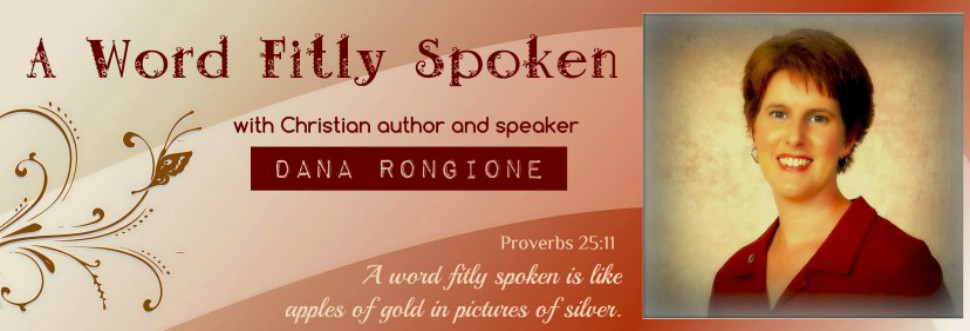
Since pruning if often a painful process, there are many false assumptions equated with it. One of the most popular mistakes regarding pruning is that it is a punishment. Hebrews 12:4-11 tells us that this is not so. It states clearly that God chastens us because He loves us and that the pruning process is for our benefit.
Ye have not yet resisted unto blood, striving against sin. And ye have forgotten the exhortation which speaketh unto you as unto children, My son, despise not thou the chastening of the Lord, nor faint when thou art rebuked of him: For whom the Lord loveth he chasteneth, and scourgeth every son whom he receiveth. If ye endure chastening, God dealeth with you as with sons; for what son is he whom the father chasteneth not? But if ye be without chastisement, whereof all are partakers, then are ye bastards, and not sons. Furthermore we have had fathers of our flesh which corrected, and we gave reverence: shall we not much rather be in subjection unto the Father of spirits, and live? For they verily for a few days chastened us after their own pleasure; but he for our profit, that we might be partakers of his holiness. Now no chastening for the present seemeth to be joyous, but grievous: nevertheless afterward it yieldeth the peaceable fruit of righteousness unto them which are exercised thereby. - Hebrews 12:4-11
Our sins and mistakes were paid for on the cross. God does not administer pruning as a means of punishing us for wrongdoing. On the contrary, He uses the chastening to make us into something better by trimming away the "dead branches."
Another common mistake is that pruning is permanent. Through the process, we think that the branches will never grow again and that our loss is permanent. Not so. The purpose of pruning is to enable to plant to produce more fruit. This means getting rid of the dead to make room for the living. Out with the old and in with the new. A gardener knows how much pruning a plant can endure before he causes destruction. The Lord knows the same. He knows what we need and what we can endure. It is not His intention to destroy us, but to better us.
Lastly, pruning is often mistaken as a passive process. After all, God is the one doing the pruning, so our only job is to try to endure it, right? Afraid not. We have a responsibility to accept the pruning and not to just endure it, but to find the best ways to use it to make our lives more productive. Why is God doing this? The answer may spur a new direction in our lives. We've all heard the saying, "Don't just stand there. Do something." God's directions are the same. Take advantage of the pruning. See what new doors are open to you. Evaluate the areas in which you have improved and which areas still need work. Be active in the process, and it will seem far less painful.

No comments:
Post a Comment